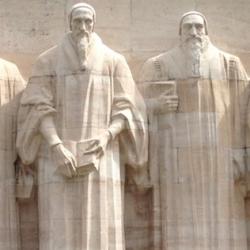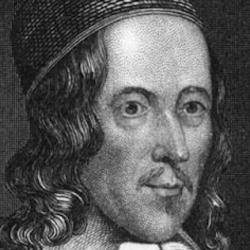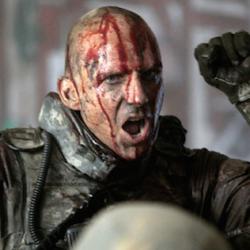In his contribution to Seeing Things Their Way, Richard Muller discusses and commends the recent effort to free church history from denominational apologetics. When the Reformers are viewed in the light of late medieval theology (as in the work of Heiko Oberman), unexpected commonalities appear:
“Common ground can be found among late medieval Augustinians; Reformers, like Calvin, Wolfgang Musculus, and Peter Martyr Vermigli, and their Protestant successors; various sixteenth- and seventeenth century Dominicans and Augustinian thinkers; and the Jansenists; not to mention the common element found in various late medieval semi-Pelagians, the Canons of the Council of Trent, various early Reformation synergists, Arminius, and Jesuits like Molina and Bellarmine.” Muller admits that medieval currents were modified in, and by, the Reformation battles, but he agues that recent scholarship has changed the “intellectual map of the late Renaissance and Reformation” in such a way that undermines “the modern ‘denominational’ approach that neatly divides ‘Protestant’ from ‘Roman Catholic’” (145).
One of the things that emerges from this new scholarship is the fact that the “Reformers’ understanding of their own task included a sense of catholicity and that the breach with Rome did not mean the rejection of a claim to catholicity or, indeed, to represent the Catholic Church. Among the Reformed, certainly, there was a self-identification as ‘Reformed Catholic’ well into the seventeenth century” (146).














